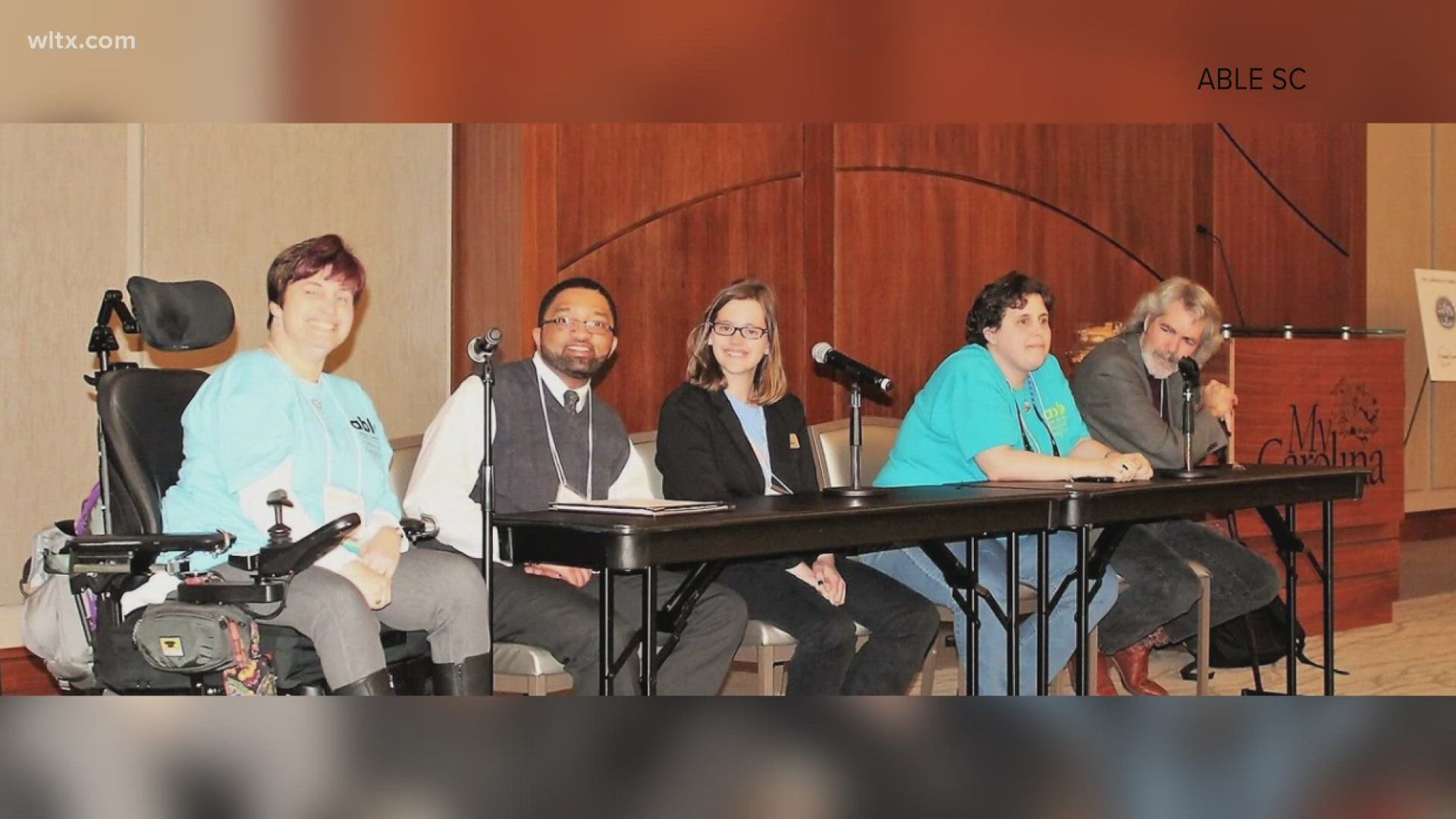COLUMBIA, S.C. — Starting this month, workers with disabilities can no longer be paid less than minimum wage. A bill passed two years ago has now gone into effect, phasing out jobs that paid subminimum wages, some as little as five cents an hour.
After a decade of advocating, Able SC, a disability-led non-profit organization is celebrating.
Able SC leaders said back in the early 20th century when the Fair Labor Standards Act was put in place, the original thought behind the act was to provide a training ground for folks with disabilities to gain skills and support before moving on to higher paying jobs.
But they said that didn't happen often.
"What we know from the data, and from speaking with folks, that doesn't happen. Less than 5% of individuals in sheltered workshops transition into community employment," said Sandy Jordan, vice president and chief community integration program officer at Able SC.
"The idea was to try to support individuals with disabilities, but as what typically happens when people without disabilities make rules and regulations around disabled community, they get it wrong, without consulting our community first," said Mary Alex Kopp, vice president of Able SC.
Able SC leaders said it was a model without success. So they went to South Carolina lawmakers like Senator Tom Davis.
"Individuals with disabilities were being trapped in these sub-minimum wage jobs. They weren't graduating into higher paying jobs. They're often being stigmatized, they were being segregated and placed into very rote assembly lined types of jobs and it was really degrading," Davis said.
Davis, along with several other lawmakers, pushed legislation that would no longer allow subminimum wages.
'We did see how some other states did it and we got to learn from their mistakes and one thing that was learned is you can't just suddenly end a program and not follow up to ensure that people who are involved in that program have their next step," Kopp said.
She said now, all 2,500 individuals with disabilities in the Palmetto State have transitioned to new higher paying jobs and out of so called sheltered workshops.
Supporters of the bill, like Representative Micah Caskey said in part, "This is not just a matter of economic policy, but a reflection of our values as a society that believes in the potential and worth of every individual."
Sponsor of the bill, Katrina Shealy said in part, "It is a victory for all our citizens living with disabilities."
According to Able SC, next steps include a report from the task force that oversaw the two year transition period out of subminimum wage going to the state's Employment First Oversight Commission to continue the progress.

